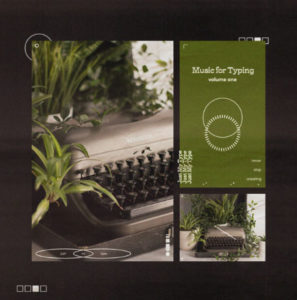Call for Submissions: William Saroyan International Prize for Writing
Entry Deadline: January 31, 2014
Nominations are now being accepted for the William Saroyan International Prize for Writing. Two prizes of $5,000 each are given biennially for works of fiction and nonfiction. Cosponsored by the Stanford University Libraries and the William Saroyan Foundation, the awards are intended to “encourage new or emerging writers and honor the Saroyan legacy of originality, vitality, and stylistic innovation.”
For more information — including entry forms, contest rules, complete guidelines, and press materials —visit the website at http://library.stanford.edu/Saroyan
Thank you for helping us spread the word!
Best regards,
(Ms.) Sam Petersen, for Stanford University Libraries
Tel: 650.854.5575; Email: sampetersen@sbcglobal.net
Journalists….
We are now accepting the applications for the 2014-15 Class of John S. Knight Journalism Fellows at Stanford University. The program brings together eight international and 12 U.S. journalists and journalism entrepreneurs who spend their year developing their ideas around challenges and opportunities for journalism innovation, entrepreneurship and leadership.
Information on how to apply can be found here http://goo.gl/2CUGsR
Please share this link with your friends, colleagues or anyone you think might be interested and a worthy candidate.
The deadline for international applications is Dec. 1, 2013; for U.S. applications, it is Jan. 15, 2014.
Find our tweets here: @JSKStanford and look for #JSKnet on Twitter for updates.
Thanks,
Robin Evans,
Outreach & Marketing Manager
John S. Knight Journalism Fellowships
Stanford University
revans1@stanford.edu
650-721-5955


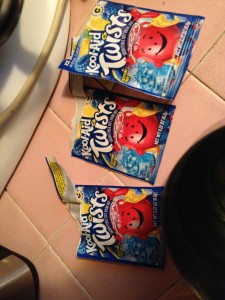

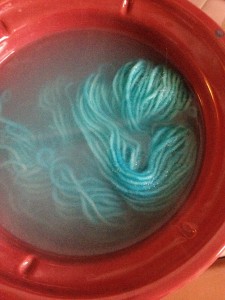

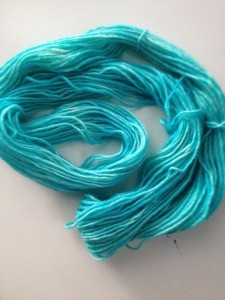

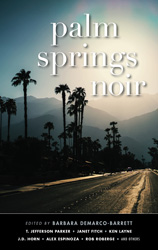


 Support Indie bookshops and this site by purchasing books through my BookShop
Support Indie bookshops and this site by purchasing books through my BookShop
